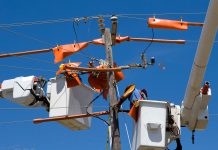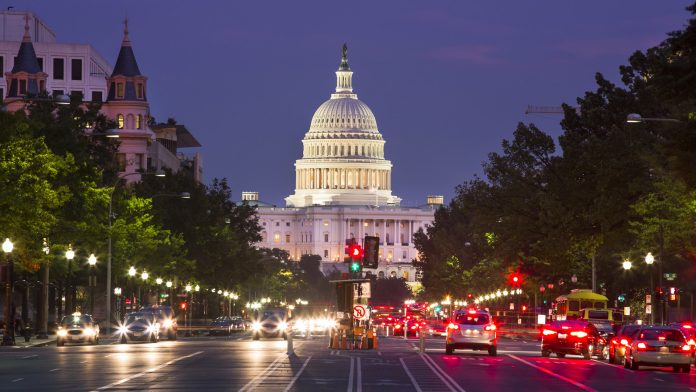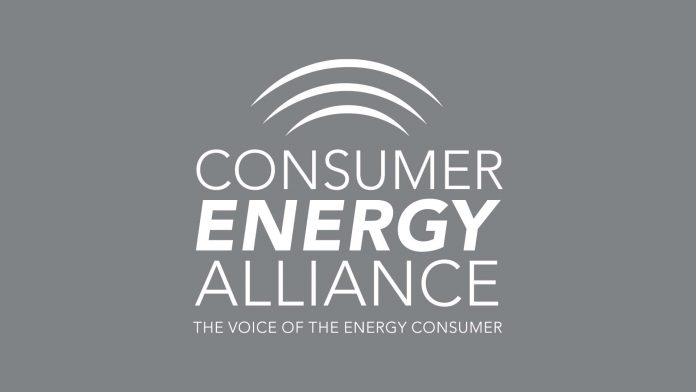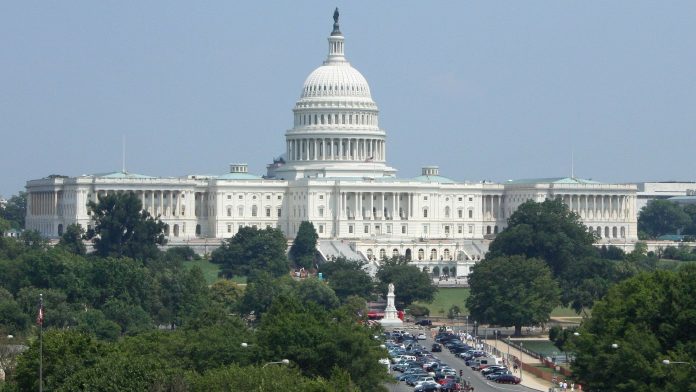TOPEKA – Consumer Energy Alliance (CEA), the leading energy and environmental advocate for families and businesses, issued the following statement after the Kansas House of Representatives passed House Bill 2783, which preserves Kansans’ right to buy the vehicle of their choosing.
“We applaud the Kansas House of Representatives for their strong, bipartisan support of consumer choice in the automotive marketplace,” CEA Midwest Executive Director Chris Ventura said.
“CEA has long been a strong advocate for allowing families and businesses to have a full array of choices in their use of energy. Choices allow for more affordable energy that helps ensure the lights stay on when we need them the most. It is our hope that this latest action sends a strong message to the U.S. EPA. Consumers should be able to choose vehicles that meet their mobility needs – regardless of fuel type.”
“With America’s auto manufacturers restructuring their investments based on lackluster demand for EVs, it is necessary for the federal government to not limit vehicle choice. Instead of mandating winners and losers, Washington should be supporting the continued research and development of advanced liquid fuels, batteries and hydrogen fuel cells so consumers will be able to choose the vehicles that meet their cost expectations and mobility needs. We look forward to this important legislation advancing in the Kansas Senate.”
CEA supports consumers’ right to have the vehicle they want and can afford. CEA’s recent “Freedom to Fuel: Consumer Choice in the Automotive Marketplace” report examines how some states are forcing through vehicle mandates without fully considering several important questions that will influence consumer acceptance, such as:
- Does the electric power grid have enough power to meet increased demand from EV sales mandates?
- How can average Americans afford EVs that cost nearly $15,000 more than traditional vehicles?
- Where will replacement parts for EVs come from other than China?
The full report is available here.
###
About Consumer Energy Alliance
Consumer Energy Alliance (CEA) is the leading voice for sensible energy and environmental policies for consumers, bringing together families, farmers, small businesses, distributors, producers, and manufacturers to support America’s environmentally sustainable energy future. With more than 550,000 members nationwide, we are committed to leading the nation’s dialogue around energy, its critical role in the economy, and how it supports the vital supply chains for the families and businesses that depend on them. CEA works daily to encourage communities across the nation to seek sensible, realistic, and environmentally responsible solutions to meet our nation’s energy needs.
Contact:
Bryson Hull
(202) 657-2855
bhull@consumerenergyalliance.org

















